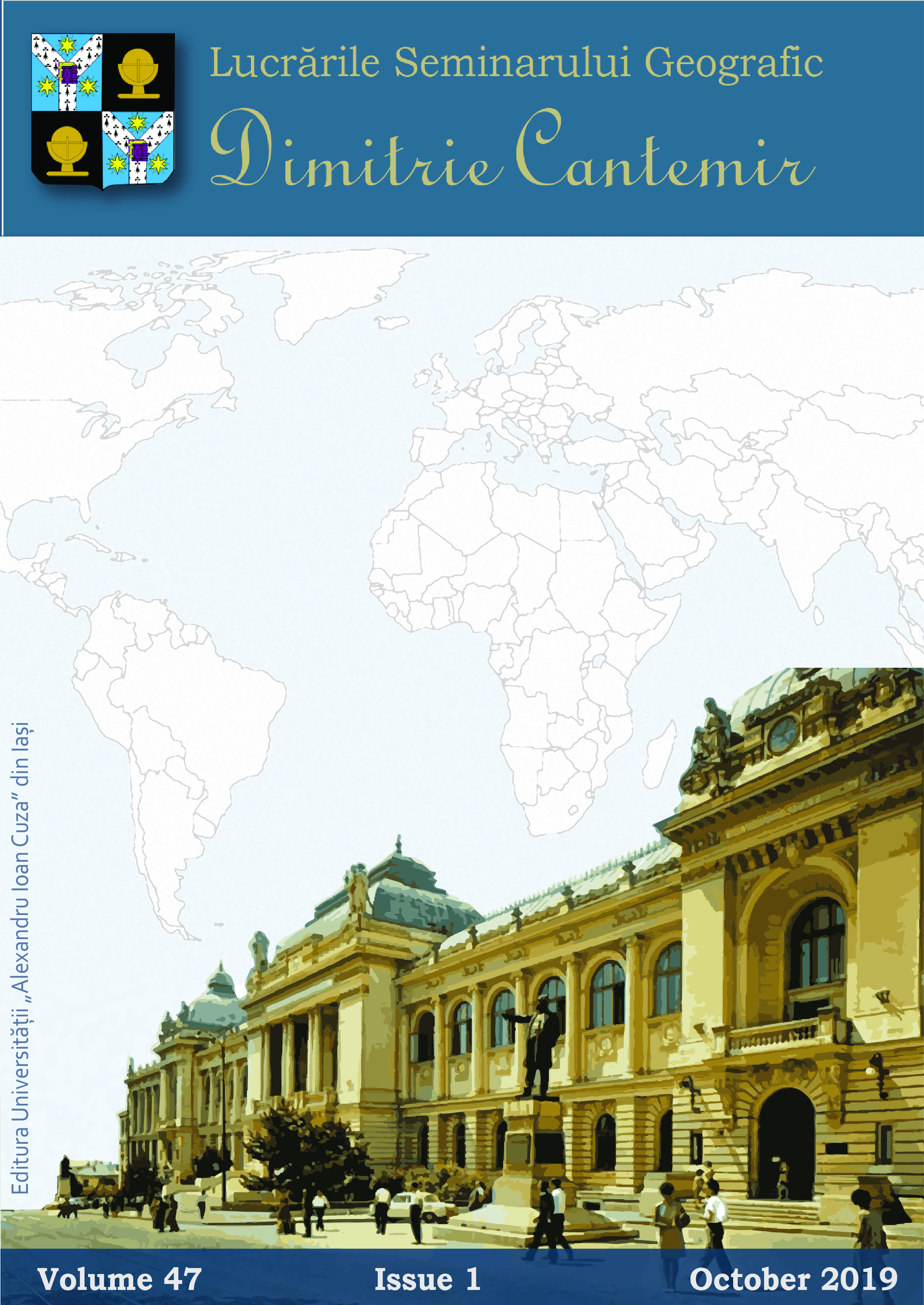Les vicissitudes de l’intégration de la dimension spatiale dans la penséeé conomique
The vicissitudes of integrating the spatial dimension into economic thought
Author(s): Akli AkerkarSubject(s): Human Geography, Economic development, Socio-Economic Research
Published by: Editura Universităţii »Alexandru Ioan Cuza« din Iaşi
Keywords: A-spatial economy; location theories; regional growth; regional development; territorial economy;
Summary/Abstract: Since ancient times, researchers have included in their reflections the spatial dimension of the economy. But from the beginning of the 19th century until the 1950s, a period corresponding to the predominance of the neoclassical paradigm, space occupied a marginal and ambiguous place in economic thought. This is explained on the one hand, by the paradigm of perfect rationality on which the classical political economy and its hypothetical-deductive approach was built up and, on the other hand, by geographic, historical and intellectual factors of the countries as well as the degree of development of their transport system. We had to wait for the reversal of the spatial hierarchies of the 1970s to see in the concept of space that of the territory, that is to say a socio-spatial environment structuring spatial behavior, industrial organization and innovation.
Journal: Lucrările Seminarului Geografic ”Dimitrie Cantemir”
- Issue Year: 47/2019
- Issue No: 1
- Page Range: 117-137
- Page Count: 21
- Language: French

